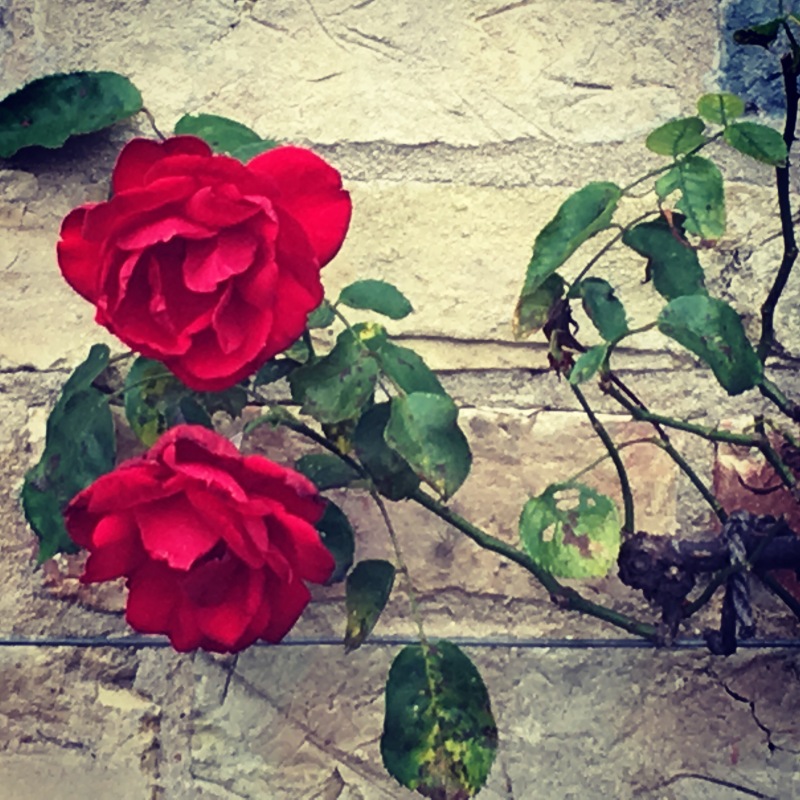I’m taking a course from the website of Coursera. It is called “What Future for Education?” Today in my blog I share some insights from the first week of the course and some personal experiences of how I was educated as a child.
Learning is described as a change in behaviour. Kind of an outcome that can be recognised or seen. Learning can be better understood from its purpose. Why do we learn? Perhaps to do things or in other words we learn to be able to have skills to perform certain tasks. We learn to know things, to be able to make sense of the vast amount of information around us. We learn to live in societies, to be well integrated and productive members. Most importantly we learn to expose ourselves to the diversity of thought, and then reflect on our own ways. It is this learning that allows us to have a meaningful self reflection.
It is this quest for self reflection which for me personally is the core purpose behind my learning. It allows me to make sense of the world around me and to decide how my actions may influence the outcomes and hence shape the world around me.
With three school going children and my own experiences with learning I am very intrigued as to what is the future of education? How can I make learning better for my kids?
School classrooms of today are different. I do see an effort to making learning progressive (which means that people have experiences and then construct meaning of those experiences).
My children are exposed to many varied experiences. They get to experiment with their learning. They even get to meet critical thinkers (be it writers, explorers, social cause advocates, sports personalities, etc) and listen to inspirational talks on a variety of topics. I do want to know what is that I can add to their learning experiences to make them more meaningful.
For me personally I grew up with the traditional learning method where the information provided in the text book was to be memorised and then reproduced. If I failed I was scolded in class in front of everyone and if it happened twice a note to my parents was given. This made learning stressful and “a chore” like experience. Classrooms were quiet places where teacher delivered a curriculum in a one way communication method. Questions were not encouraged and focus was on silence and obedience.
As I came to the middle school for some strange reason I stopped caring about my test scores. This freed my mind to learn better. I think it was perhaps to do with the fact that my language skills (reading) had improved significantly and now I could satisfy my curiosity from books. Hence I was no longer dependent on a teacher to answer my questions.
In the classroom the teacher only had a certain amount of time to deliver a curriculum and she/he found my questions and curiosity bothersome. It was not encouraged to discuss things. Most things were told and I listened quietly.
When I was no longer dependant on teachers to answer my questions and I could seek the answers out myself, I felt confident. I do have to admit that there were non existent public libraries and school library was also nominal. I was down to purchasing books, mostly used books, as they were cheaper. This did limit the scope of my learning but it was still more than the 1 text book that was part of the school curriculum.
As I read to satisfy the many questions that came to my mind I started getting better grades. Good teachers were a blessing as they guided my curiosity and encouraged me. Not so good teachers, I just ignored. I loved Maths which gave me a sense of predictability.
Based on my personal experiences I feel that in developing countries (I was educated in Karachi, Pakistan) learning is still approached the traditional way. There is limited progressive learning and constructive classrooms are non existent.
Moreover the biggest challenge that I have faced and I see many around me struggle with is that learning is only defined as learning to know and learning to do. There was limited learning to be sociable and to be reflective thinkers. This greatly restricted performance as productive part of a society. Our self reflection as a society is also limited and hence our growth as a nation is hindered. It is big statement and I make it based on my observation.
In this course I aim to learn from experiences of the experts on how learning theories and experiences have developed over the years in developed economies. I will share the key insights on my blog.
How were your learning experiences growing up? What were the challenges that you faced? What do you feel can make learning a better experience?

Lovely post!
LikeLiked by 1 person
Thank you 😊
LikeLiked by 1 person